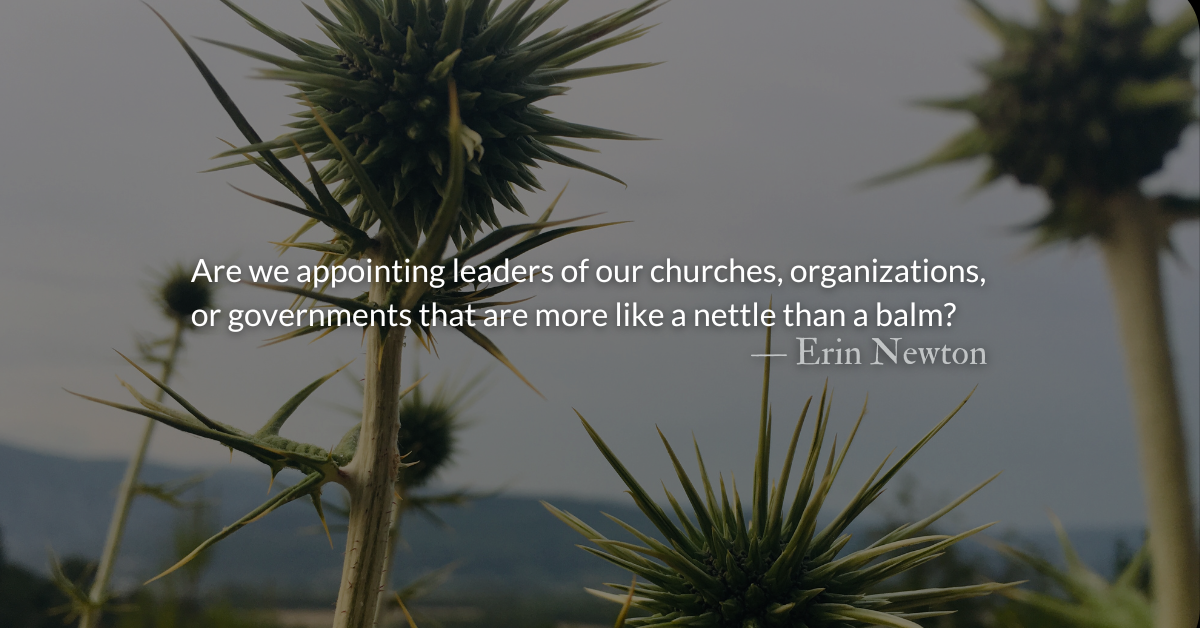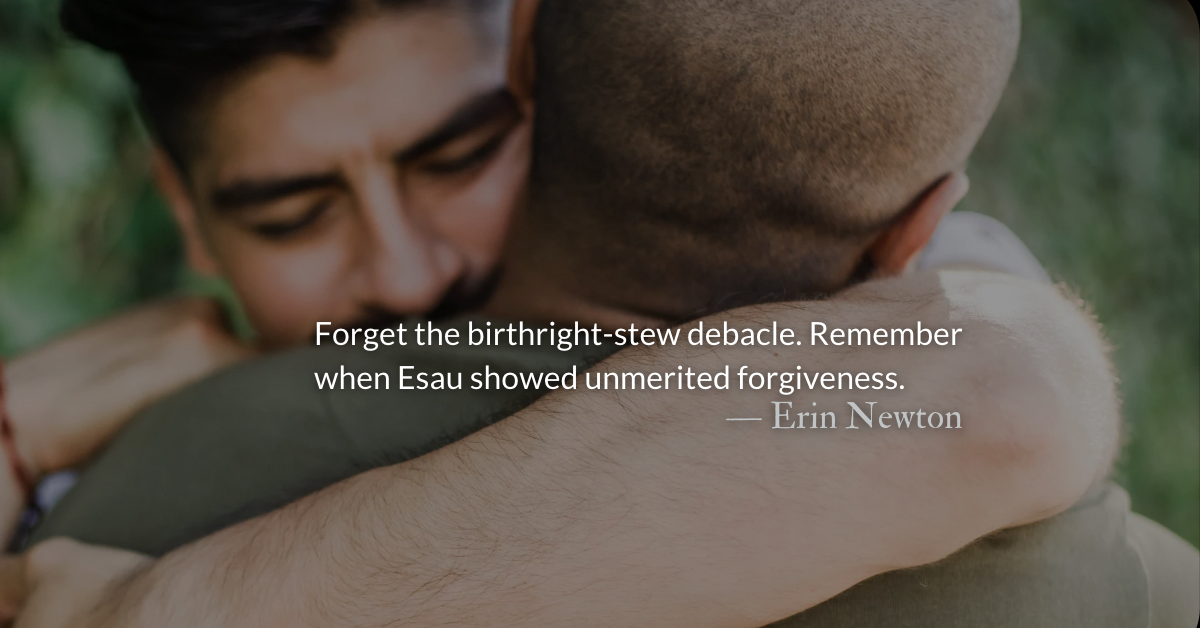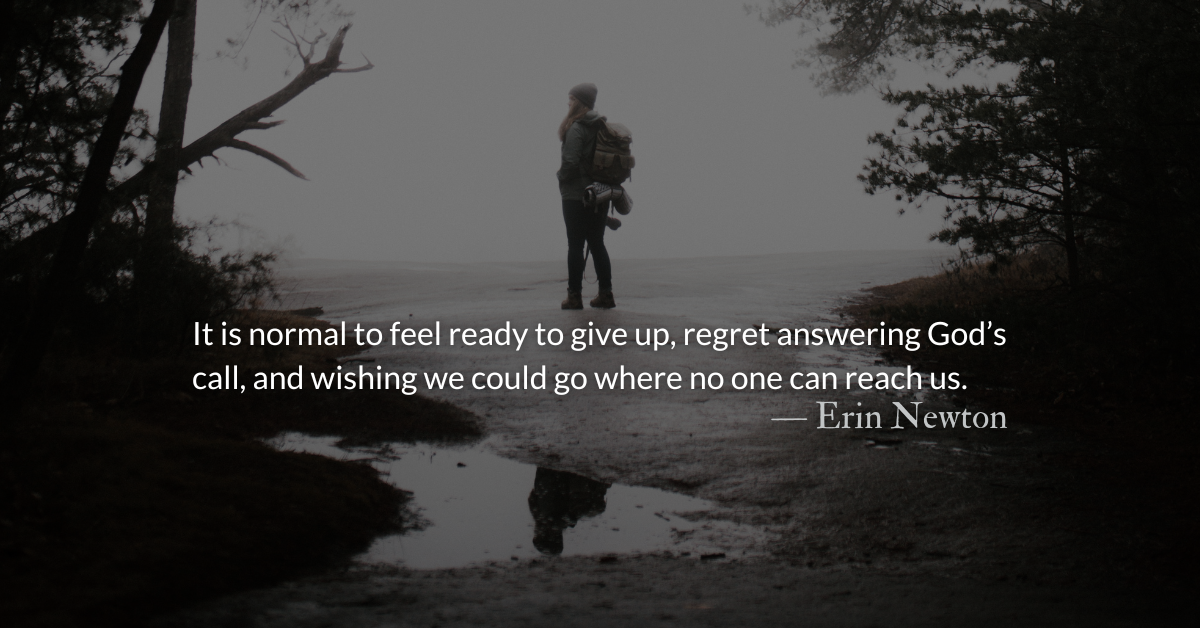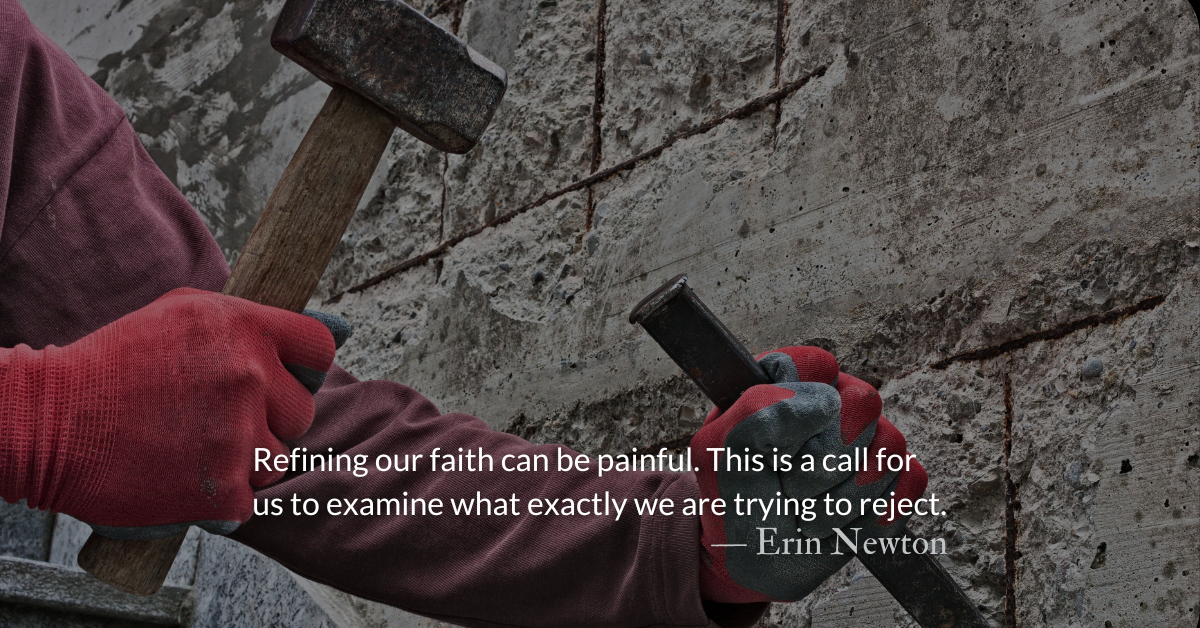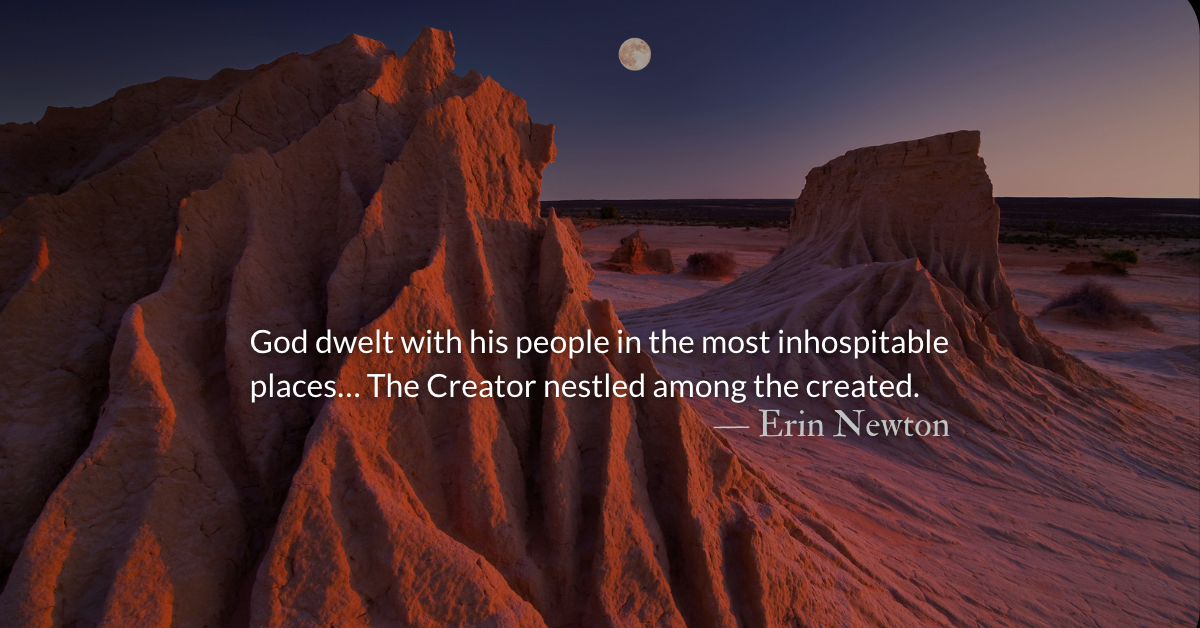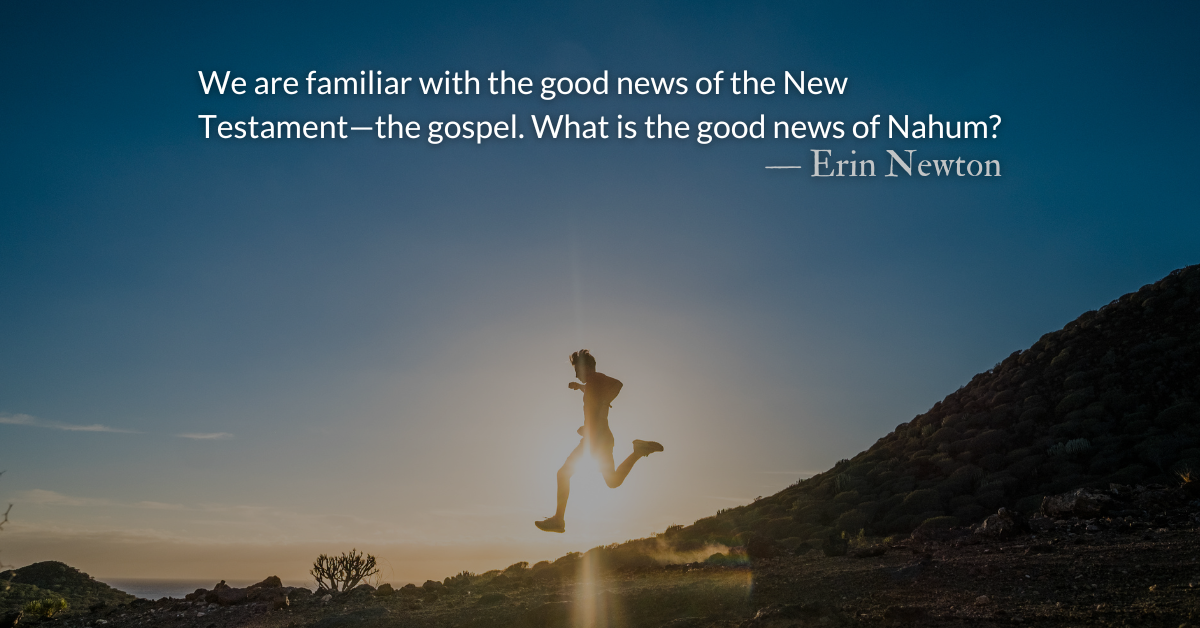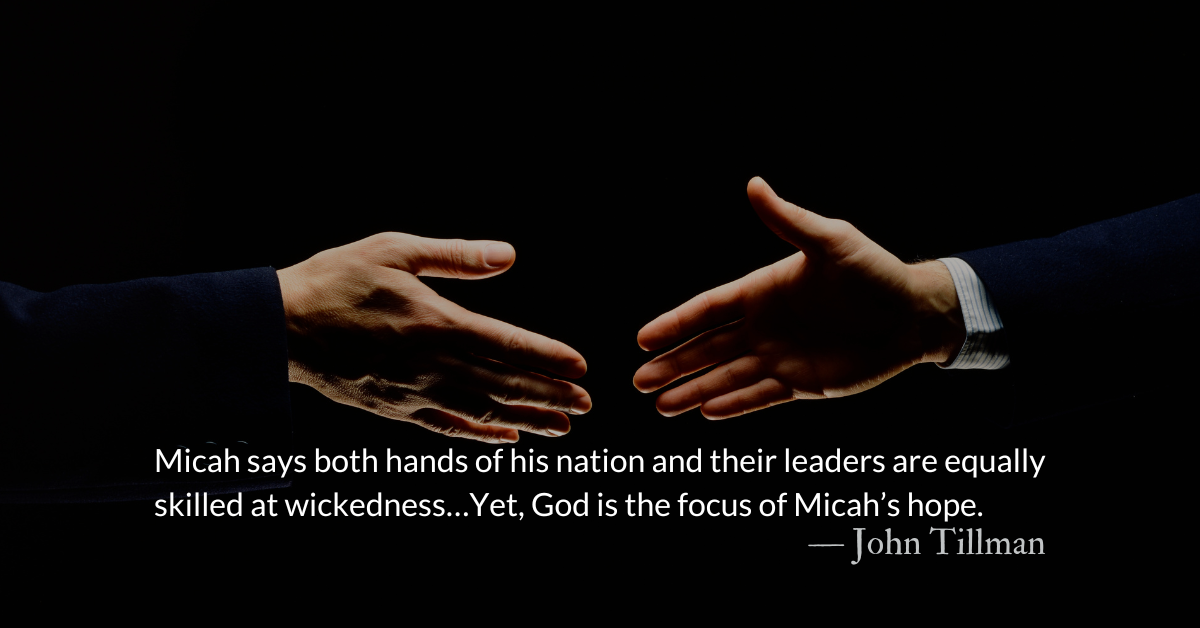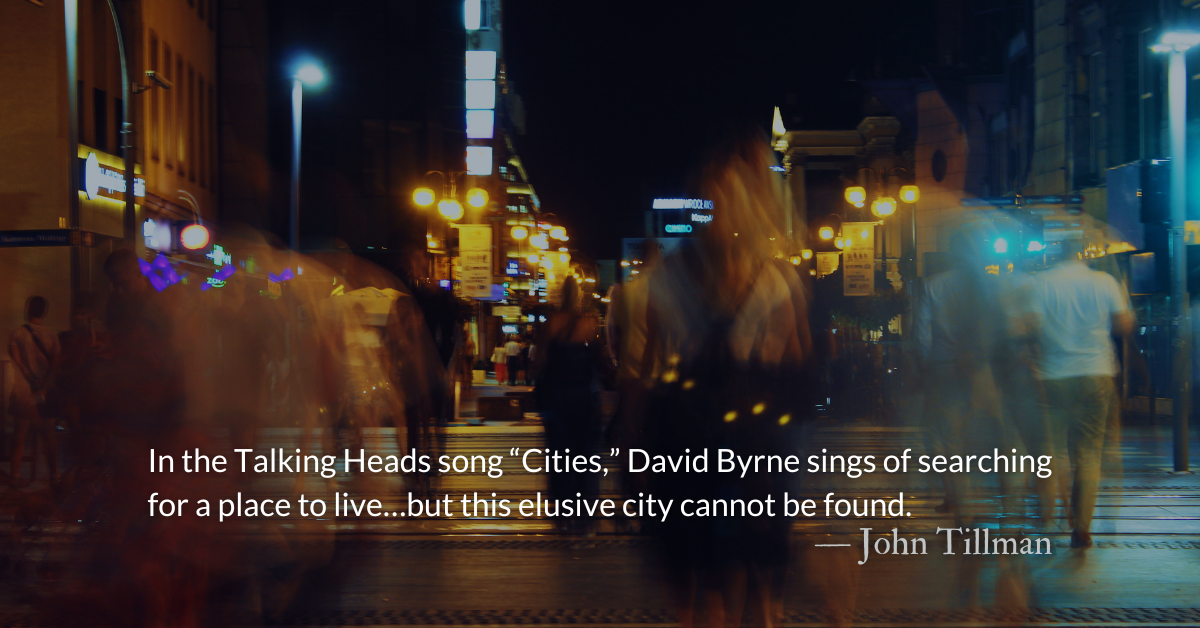Scripture Focus: Judges 9:15, 19
15 “The thornbush said to the trees, ‘If you really want to anoint me king over you, come and take refuge in my shade; but if not, then let fire come out of the thornbush and consume the cedars of Lebanon!’
19 So have you acted honorably and in good faith toward Jerub-Baal and his family today? If you have, may Abimelek be your joy, and may you be his, too!
Originally published on July 7, 2023, based on readings from XX.
Readers’ Choice posts are selected by our readers:
Brian, Washington D.C. — This is a brilliant reflection. This is yet another reason that shows how the Bible speaks to us today. Thank you so much!
Reflection: The Crowned Thorn — Readers’ Choice
By Erin Newton
Abimelek sought power through his own self-promotion, persuasion, and craftiness. He won the hearts of the people who later raised his authority above the typical judge and crowned him king. He established his slogans, “I am one of you!” “I am better than all of them!”
His immediate use of power was bloodshed. Abimelek slaughtered his opponents and set up a posse of “reckless scoundrels.” He ruled through terror and force. The ordained mark of leadership of previous judges was the presence, voice, and appointment by God. Abimelek was a rogue. He nominated himself and listened only to himself.
By the grace of God, Jotham survived Abimelek’s murderous episode. In a parable, he called the people to consider the leader they had chosen. Abimelek was not an olive tree providing oil for divine worship. He was not a fig tree bringing life-giving food to the community. He was not a vine that bears the grapes that make wine for celebrations. He was a thornbush. There is nothing beneficial to the plant that hurts you when you seek it as refuge.
The succession of authority is often a tenuous event whether the passing of power is on a local or national scale or within municipal or religious communities. People begin to promote themselves seeking to diminish the worthiness of an opponent and create doubt about anyone other than themselves. The story of Abimelek stands as an opportunity to mark the features of a bad leader.
- A bad leader creates a self-centered world. There is no room for sympathy, grace, mercy, or compassion unless it is self-serving.
- A bad leader welcomes more power. Like Abimelek, the power granted initially is quickly laid aside for more power and prestige.
- A bad leader divides the community. Quick to establish an “us vs. them” mentality, bad leaders avoid negotiations.
- A bad leader invites violence. If an opponent cannot be silenced through the passing of power, bad leaders will silence all supposed opponents through bloodshed.
- A bad leader is not a safe harbor for the community. The security offered by the bad leader wounds the community instead.
Jotham’s parable ends with a plea for introspection. Has their appointed leader done good things? Or is their leader guilty and dishonorable? Leaders should be a joy to the community, not a thorn.
Are we appointing leaders of our churches, organizations, or governments that are more like a nettle than a balm?
Divine Hours Prayer: The Call to Prayer
Taste and see that the Lord is good; happy are they who trust in him! — Psalm 34.8
– From The Divine Hours: Prayers for Summertime by Phyllis Tickle.
Today’s Readings
1 Samuel 15 (Listen 5:46)
1 John 3 (Listen 3:21)
Read more about Marks of Leadership — Selflessness
Tests of leadership are almost always connected to selflessness.
Read more about Supporting Our Work
Please consider becoming a donor. Support ad-free content that brings biblical devotionals to inboxes across the world.

